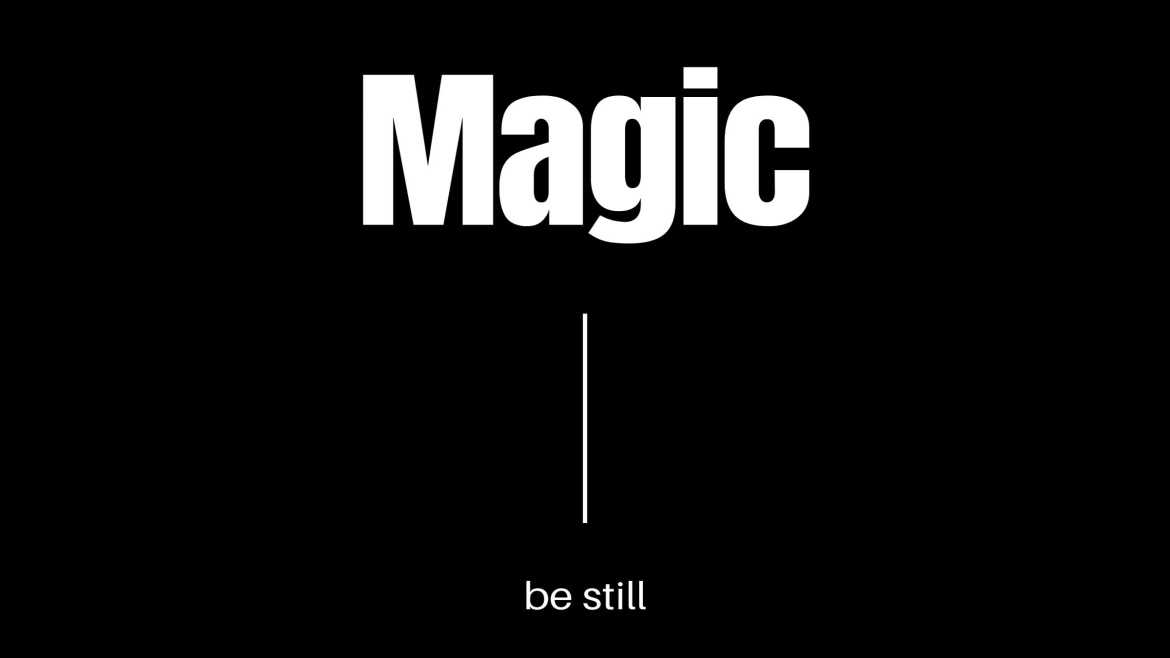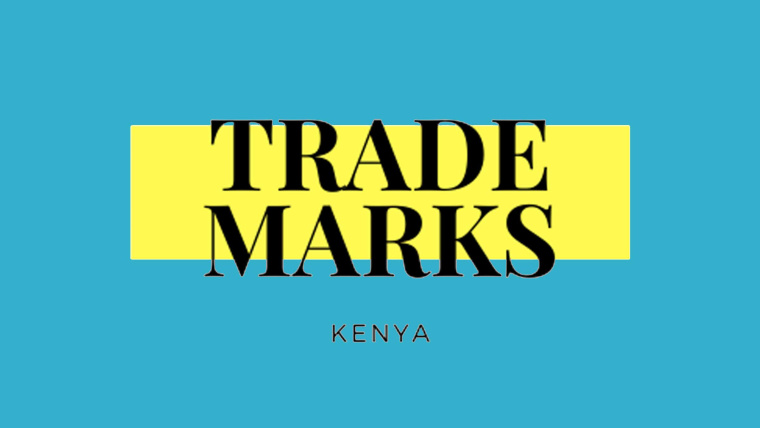SPLIT SHEETS
summary:
A split sheet is a written agreement between the people involved in the creation of music. It identifies each contributor and establishes ownership percentages among them.
The discussion here is around returns arrangements in a limited scope on creation. We use audio creation in the form of Music. A song.
The creation of a song involves multiple parties in their different capacities. Music production, for example, is a process that involves many several participants throughout the various stages of music production: i.e., songwriting, arrangement, tracking, editing, mixing, and mastering. If not properly managed, the process of creation of the song can end up to being unnecessary legal disputes. For instance, songwriter split sheets are an integral part of the music business. A split sheet is a written agreement that identifies each contributor to a song and establishes ownership percentages amongst and or between them. It is hot to determine how much each contributor will receive from the royalties generated by the music. Split sheets are necessary for every song you write especially with collaborators. Ensure that everyone involved in the creative process is properly credited and paid for their contribution. It is their work.
FAQs
- Whether a split sheet is legally binding.
- Whether split sheets are as important in the music industry.
Answers
A split sheet is a written agreement between the people involved in the creation of music. It identifies each contributor and establishes ownership percentages among them. It has emerged, however, that a majority of artists and producers do not use split sheets. The percentages agreed upon in a split sheet are important because they dictate how much each contributor would receive in royalties. A split sheet is usually drawn up between the writer, publisher, and producer, although the most basic of split sheets would involve just the composers of a musical work. The shares in percentages are broken down further in cases where additional contributors are involved. It’s also important to note that split sheets are not a copyright agreement. Copyright ownership is different. It is important to note that it needs to meet the basic threshold of an enforceable contractual agreement. Before signing a split sheet, it is wise for all parties to seek legal counsel to ensure that the document thoroughly protects their rights. Music professionals need to educate themselves about the various rights (songwriting copyright, recording copyright, etc.) and appreciate the roles that all the right holders play.
Factors
Split sheets are an essential safeguard for all co-creators of a song. They ensure everyone involved in the creation process receives credit and compensation for their work. Split sheets can also save creators from a potential legal headache because it requires them to work out an agreement and establish ownership in writing. All over the world, split sheets are accepted as the best practice in the music business. A well-constituted split sheet should protect the rights of all parties and must have all the elements of a copyright contract.
Several creatives also find it difficult to discuss how potential income should be shared; bringing up a split sheet after an exciting studio session can be unnerving. This tendency, however, often comes back to haunt musicians after the hype of the creative process has passed. When money comes into the picture, legal disputes often take center stage. This is a deterrent for investors who do not want to get involved in messy, and expensive, litigation. Co-creators often avoid thinking about negotiating ownership and royalty splits. However, navigating this conversation is a necessary practice to ensure you get paid correctly for your work. More important, turning that conversation into a written document proactively protects your rights. It can also save you from a potential legal battle. It’s best to decide on songwriter splits and get them in writing early in the creative process or as soon as you’ve finished a song. Negotiations may get messy the longer you wait. It’s also easier to negotiate a split sheet before the song starts generating royalties or opportunities arise. Without a split sheet, contributing producers and songwriters risk receiving less ownership or revenue for the content they created. This can lead to ugly disputes among each contributor and potential legal battles.
Conclusion
As a creator, it’s essential to understand the value of your work, especially before it’s published. Also, be proactive and take control of the conversation by using split sheets to secure your fair share of the revenue. Moreover, start negotiation splits early to avoid future disputes and unnecessary legal headaches. This will help make the creation of music smooth and the aftermath is an ideal situation where every party gets what they deserve.


